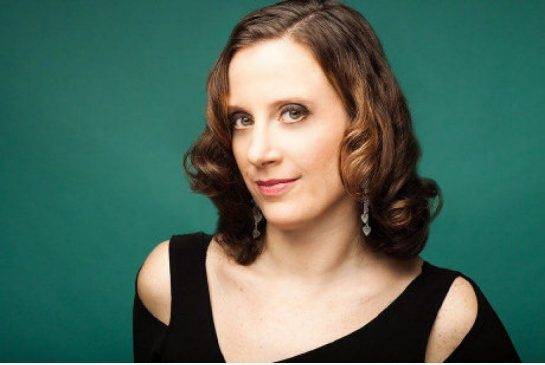Review: Between The Gods by Alison Pick
Patricia Dawn Robertson
Republished with Permission of The Toronto Star
Toronto author Alison Pick was in transition. She was neither a practising Christian nor Jewish, yet she and her fiancé took a weekly electronic-free day that eerily resembled the Jewish tradition of Shabbat
.
Noticing the similarities, Pick’s realized Shabbat was her entry point into Judaism and did what good scribes do: she took notes. The outcome was the impeccably crafted memoir, Between Gods.
Pick is a rare bird: an accomplished poet who also writes lucid prose. She is the author of two collections of poetry, Question & Answer and The Dream World. Question & Answer won the Bronwen Wallace Memorial Award for Poetry. Pick’s novels, The Sweet Edge and Far to Go, established this Canadian writer as an emerging talent.
The genesis of Between Gods has its roots in the original research for, Far to Go, which was longlisted for the 2011 Man Booker prize. In Far to Go, Pick deftly employed material from her family’s storied history. The research for that novel prompted a wholesale re-evaluation of her identity and religion.
During the Second World War, Pick’s well heeled, Jewish-Czech grandparents fled their homeland for the safety of Canada. Her grandmother’s extended family all perished in concentration camps.
When the surviving family members established themselves in their new country, they eschewed their Jewish identity to protect their offspring from anti-Semitism. The Pick family’s Jewish heritage was not discussed. Pick’s father, Thomas, was raised as a Christian.
When Pick expressed her desire to convert to Judaism, Toronto’s conservative Jewish community was cool to her advances even though Pick’s doting father was Jewish. The strict gatekeepers of Judaism required Pick to earn her way into the Synagogue. In order to join their ranks, she took lengthy instructional classes and converted her reluctant partner, Degan Davis.
The other important thread, which dovetails nicely with Pick’s quest for belonging, is the author’s personal battle with depression. Pick’s struggle with dark subject matter while at work on Far to Go left her vulnerable to melancholia.
Pick’s articulation of her fragile mental health is masterful. This comes as no surprise since she majored in psychology at the University of Guelph and earned a Masters in Philosophy from Memorial University.
However, Pick’s extensive exploration of her family’s tragic history exacts a personal toll. The tone of this memoir for the first two thirds is mournful since Pick openly wrestles with her painful emotional inheritance: intergenerational trauma.
The author’s intense suffering emerges eloquently while she recounts a meeting with her spiritual mentor, Rabbi Klein: “We talk about the legacy of denial, about how the grief I am feeling just isn’t my own but my father’s and grandparents’, as well. About how a secret, passed down the generations, grows until it’s impossible to hold. About the sudden desire I have to fix the past, to undo the wrong that’s been done.”
Pick’s writing ability and keen intellect ensure she’s able to navigate such delicate, complex subject matter with compassion and clarity. Although her material is dark, Pick never veers into self-pity. Her matter-of-fact tone is underscored by respect and reverence. She never trivializes her losses yet she refuses to be undone by them either.
The author could have remained stuck in depression, engulfed by the sadness of her family’s history. But she chose to transform her experience into a redemptive one: she married her fiancé, Degan, the couple bought a house in Toronto’s Annex neighbourhood and they started a family.
At the end of this riveting story, this reader rejoiced in Pick’s renewed sense of hope. Pick chooses to respect the past but live in the present. Life wins out over depression and loss. And that’s a hard-won lesson worth capturing and disseminating.
Patricia Dawn Robertson is a Saskatchewan freelance writer.
 The Global Calcuttan Magazine
The Global Calcuttan Magazine 